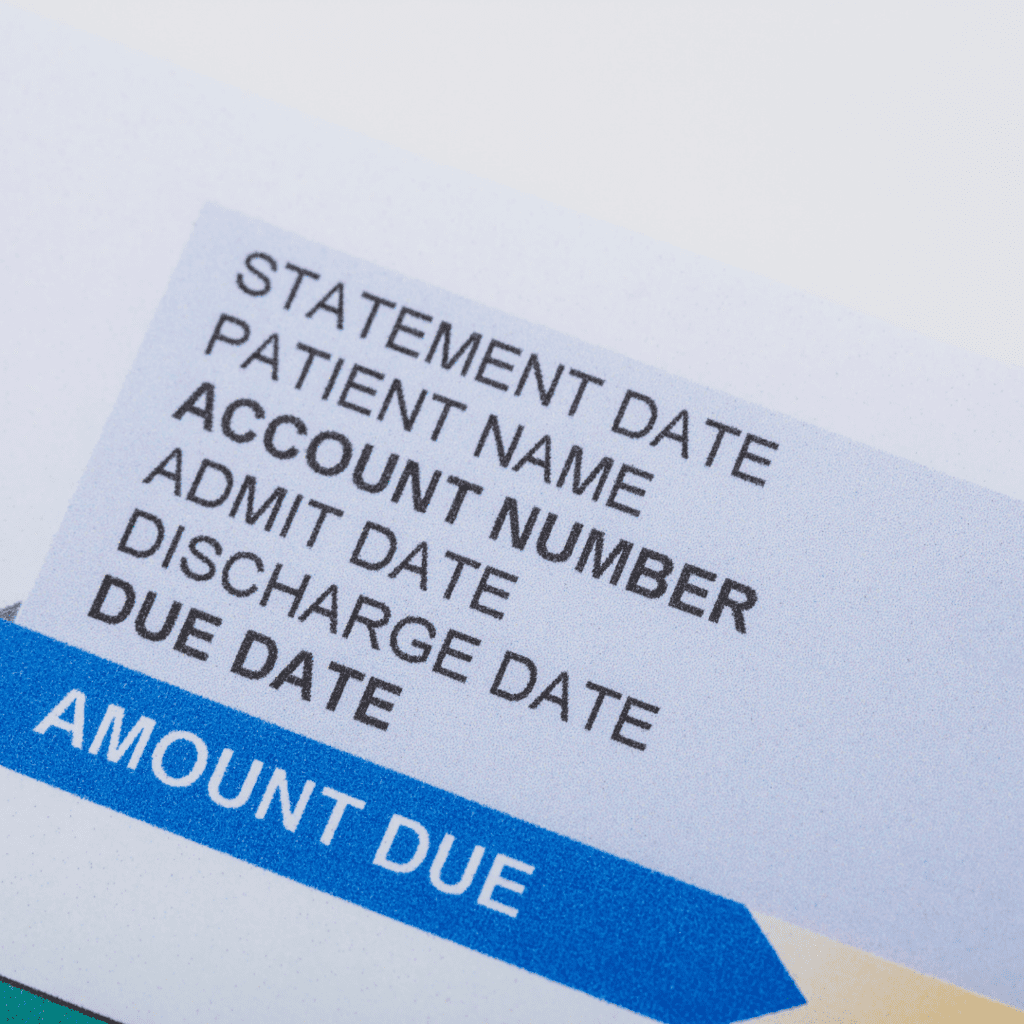Student loan debt is growing exponentially. Many students with student loans may not be able to pay them back when the time comes. Student loan debt alone can force someone into bankruptcy. In addition, it can also easily compound on other debt such that a health crisis or job loss. Hence, sending your entire structure toppling down. It is not easy, however, to get out from underneath student loans. Here’s why:
1) Student loans are not usually dischargeable in bankruptcy.
This is one of those nasty side effects of student loans. They are extremely difficult to get rid of unless they are paid off. However, there are some situations in which student loans can be discharged through bankruptcy. For the novice, discharge means the loans can be released without payment. Loans guaranteed or issued by a government entity, like the State of New Jersey or the federal government are not dischargeable in a Chapter 7 bankruptcy. This is also true for loans by a non-profit or other entity using government funding.
This means that loans not made by a state or governmental agency or using those funds are not student loans, by definition. These loans CAN be discharged. It is also possible to seek discharge of student loans in extreme cases of hardship. For example, where paying the student loan would leave the individual unable to maintain a minimal standard of living. Additionally, he or she made good faith efforts to pay the loan back.
2) Chapter 13 bankruptcy, however, is a possibility.
Chapter 13 involves restructuring of debt to allow for repayment. It can be used to reduce the overall principal of the loan amount. Plus, there is an automatic stay provision. Therefore, for the three to five years in which the Chapter 13 bankruptcy is ongoing, your lender cannot come to you expecting payments on your loans. Even though student loans cannot be discharged through Chapter 13, the resolution of other debts during the process. This can free you up to begin paying off the student loans once the bankruptcy proceeding has been closed.
3) Total and permanent disability can qualify for discharge.
Individuals who are no longer able to work due to disability may qualify to have their loans discharged. If their disability is permanent and total. For example, veterans with service-related disabilities who are no longer able to work can qualify with appropriate documentation from the Department of Veterans Affairs. Individuals who are on Social Security Disability Insurance or Supplemental Security Income (SSI) may also be eligible.
4) Loan cancellation/forgiveness is available for certain jobs.
New Jersey participates in several federal loan forgiveness programs for those who take jobs in the public sector upon graduation. The Loan Forgiveness for Public Service Employees program allows for the cancellation of the remaining balance once the loan holder has made 120 monthly payments on eligible federal student loans.
Student loans are sometimes the only option for an individual to further their education. Loans, however, can also be a burden on the holder long after their education is complete. If you are having problems with your student loans, call Lucid Law at (908)350-7505. Let us help you figure out what to do about them.



